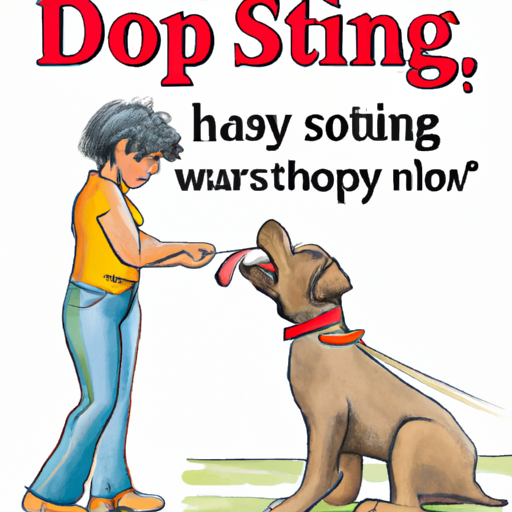As a caregiver, you know that your role is not only about providing for the physical needs of those you care for, but also their emotional and mental well-being. This is especially true when that loved one happens to be a furry, four-legged companion. One of the issues you may face is play biting. Let’s dig into how to stop this behavior and foster a healthy relationship with your pet.
Understanding Play Biting
Play biting is a common behavior among dogs, especially puppies. It’s their way of exploring the world, similar to how human babies use their hands to touch and feel.
- Puppies learn about their environment through their mouths.
- They also use play biting to engage in social interaction and play.
It may seem cute when they’re young, but as they grow older and their jaws become stronger, play biting can become a problem.
The Role of Socialization in Preventing Play Biting
Socialization is crucial in preventing play biting. This is the process where your dogs learn about their environment and how to behave appropriately within it.
- Introduce them to new experiences, people, and other animals.
- Encourage positive interactions.
- Discourage negative behaviors like play biting.
| Socialization Activities | Description |
|---|---|
| Puppy Classes | Structured environments where puppies learn to interact appropriately. |
| Dog Parks | Casual environments for dogs to engage in social play. |
| Home Visits | Controlled environments where dogs can interact with people and other pets. |
Training Methods to Curb Play Biting
Training is essential in curbing play biting. Here are some methods you can try:
- Redirection: When your dog starts to bite, redirect their attention to a toy or chewable item.
- Positive Reinforcement: Reward your dog when they stop biting and behave appropriately.
- Time-outs: If your dog continues to bite, give them a time-out to calm down.
Consulting a Professional
Sometimes, despite your best efforts, your dog may continue to exhibit play biting behavior. In such cases, it might be best to consult a professional trainer or a behaviorist. They can provide customized training programs and offer advice based on your dog’s specific needs and behavior.
Ensuring Consistency and Patience
Remember, change takes time. Your dog won’t stop play biting overnight. Consistency and patience are key in this process. Keep reinforcing positive behavior and discouraging negative ones. In time, your dog will learn to control their play biting.
FAQ
Q: Why does my dog keep play biting?
A: Play biting is a normal part of dog behavior, especially in puppies. They use their mouths to explore their environment and engage in social interaction.
Q: When should I start training my dog to stop play biting?
A: It’s never too early to start training your dog. But, socialization and training are especially effective during their puppy stage.
Q: My dog still play bites despite my efforts. What should I do?
A: If your dog continues to play bite despite your efforts, it’s best to consult a professional trainer or a behaviorist. They can provide a customized training program based on your dog’s specific needs and behavior.
Remember, as a caregiver, your patience, consistency, and love go a long way in shaping your dog’s behavior. With time and effort, your dog will learn to curb their play biting.



